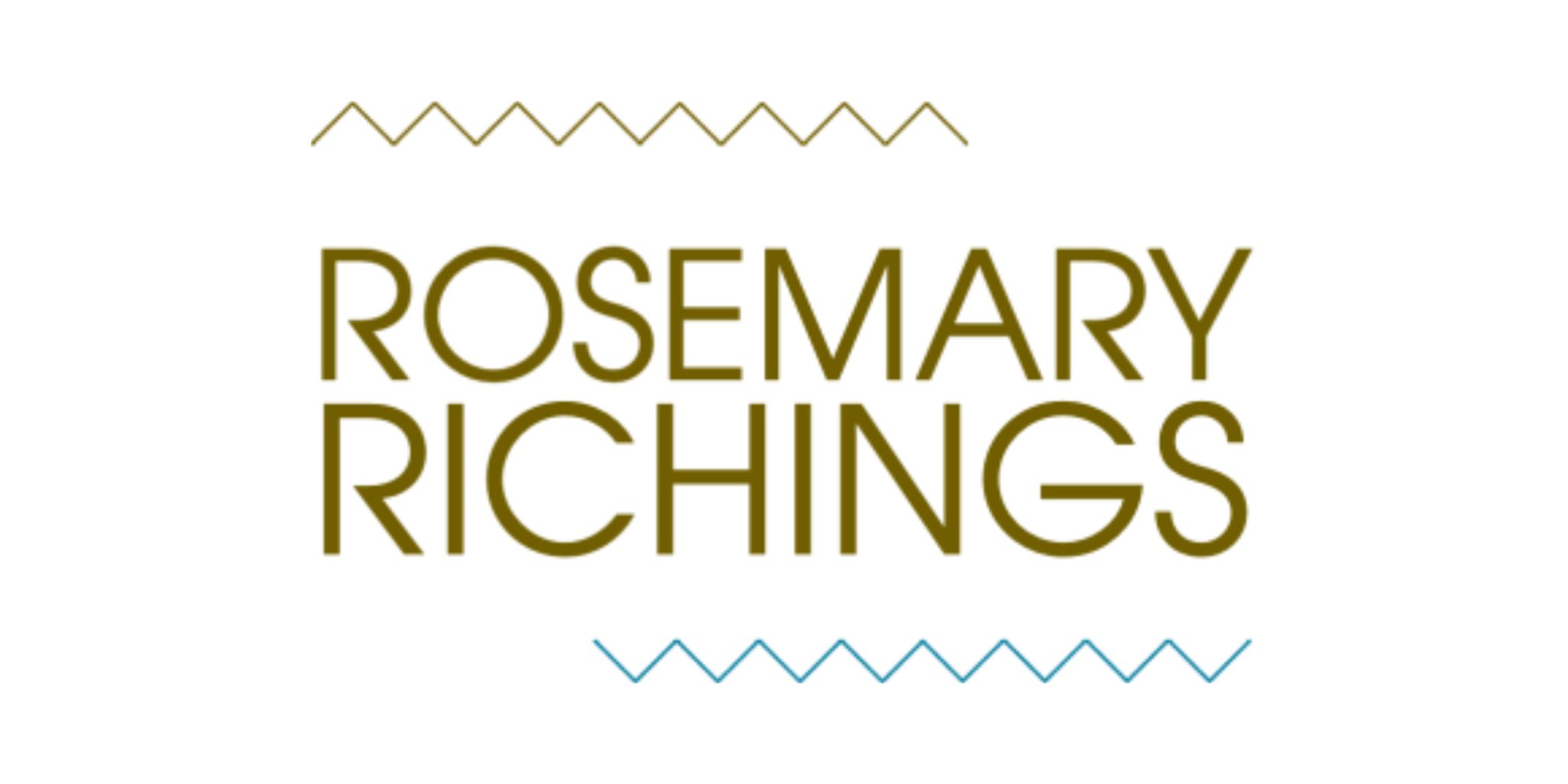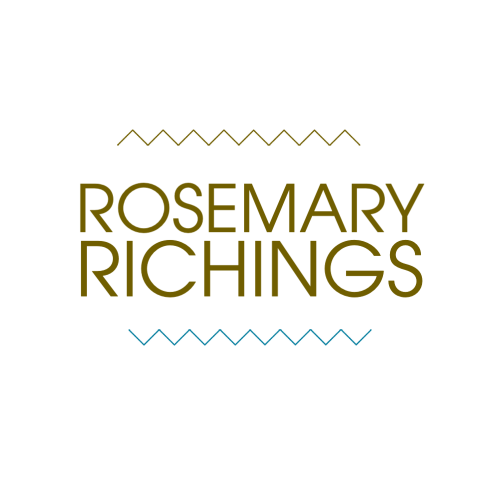Even the most skilled and established professional writers do this: make tiny grammar, spelling, punctuation mistakes that should never be seen by even the most forgiving reader. That’s where a good editor is important.
I’ve had the privilege of working with some highly skilled editors. My best editing experience was when I wrote my first two book reviews. Before my book reviews were published in Rusty Toque and Winnipeg Review Of Books I had never written a book review before, but I’d read a lot of reviews, by writers I admire, and studied English in university. I decided to write book reviews because I really love reading, and was eager to get paid to write about what I had to say, about what I was reading. I’ve never seen an editor be this patient, and unconditionally supportive because the average editor literally doesn’t have time to be unconditionally supportive. They provided me with editorial feedback that was extremely detailed. I was a better non-fiction writer, and writer overall, when it was all over.
Not everybody has the privilege of working with editors that are equally as stellar, and I think I’ll go ahead and upfrontly say that I’ve also made the occasional silly mistake, and the results weren’t always that positive. Turns out everyone makes similar mistakes, which is why I’m not ashamed to admit that. Everyone should have a really careful edit, of everything they write, and intend to distribute publically, and if possible they should ask someone else to edit their work for them.
It’s important to do two drafts minimum. Carefully scan through to make sure there’s no awkward phrasing, no run on sentences, and there’s no typos that make you look not so great such as “than vs then,” “unless not inless,”etc. A useful tool I discovered recently was my computer’s “Read Out Loud” tool. I highly recommend it if you’re writing something, and don’t have access to another pair of eyes, because the computer will read what you’ve just written. It’s a great way to spot awkward phrasing, and get a sense of how each sentence flows. I’ve found more awkward phrases via the Read Out Loud tool than I did when I reread my work, quietly. Elements Of Style and On Writing Well are also fundamental staples for anyone that writes anything that counts as non-fiction.
A good editor will keep the original voice and idea, while fine tuning any formatting issues, grammatical mistakes, and factual concerns, that come up during the editing process, and a bad editor, will change the content to suit their voice or needs, while overlooking crucial details. I once had an editor that by the time they had finished editing my work, it didn’t exactly look like I wrote it. Many of my best editors were my loved ones, who meticulously read whatever I showed them, from beginning to end, and then had something way deeper to say beyond the well intended “good job.” “Good job” is something you tell a child after they’ve learned a crucial life lesson or skill, or an athlete that has a shot at a gold medal; someone that intends to master a specific craft is a lot more interested in how they can improve than praise. Many of my loved ones are my toughest critics, in a good way, and that’s something that I’m forever grateful for.

